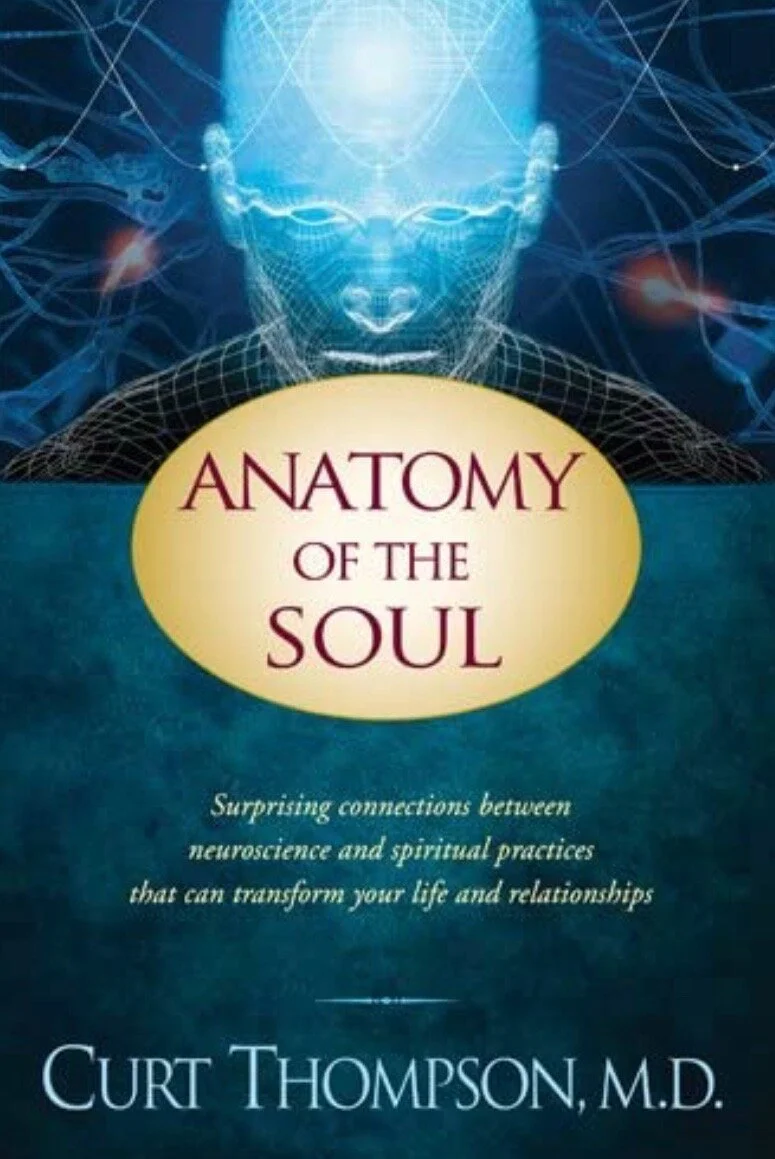This Week’s Book Recommendation
Anatomy of the Soul
by
Curt Thompson, M.D.
This book is about the intersection of faith and neuroscience in the context of trauma.
What does that have to do with Spiritual Abuse?
First, when I read this book (required reading in a grad school Intro to Counseling class), followed by subsequent re-readings, I realized my view of God had been intrinsically warped by trauma.
Second, I discovered the intricate connection between our brains, our bodies, our spirituality, and our emotions.
This was an explanation of why I felt more calm after I did yoga or engaged in meditation.
This was an explanation of why our view of God has a profound impact on our view of other things: our humanity, our relationships, our experience of trauma, and our recovery from trauma.
It might be difficult for someone to understand why Spiritual Abuse is equated to trauma, but if you’ve left a Spiritually Abusive community or relationship, you know the signs. “Triggers” can come in all forms and our responses are unique. One common one I’ve experienced and witnessed is the inability to engage fully in a service in a church building. Words from songs you once found soothing, suddenly bring up a confusing assortment of anger, fear, sadness, and pain. Certain personality types instantly put you on edge. There might be sections of the Bible you purposefully avoid. Or you might feel inclined to avoid the Bible and formal church services altogether.
Those are just a few examples, and a few reasons why understanding the link between our bodies, minds, hearts, and spirits can be helpful as we navigate the confusing journey in the aftermath of Spiritual Abuse.

